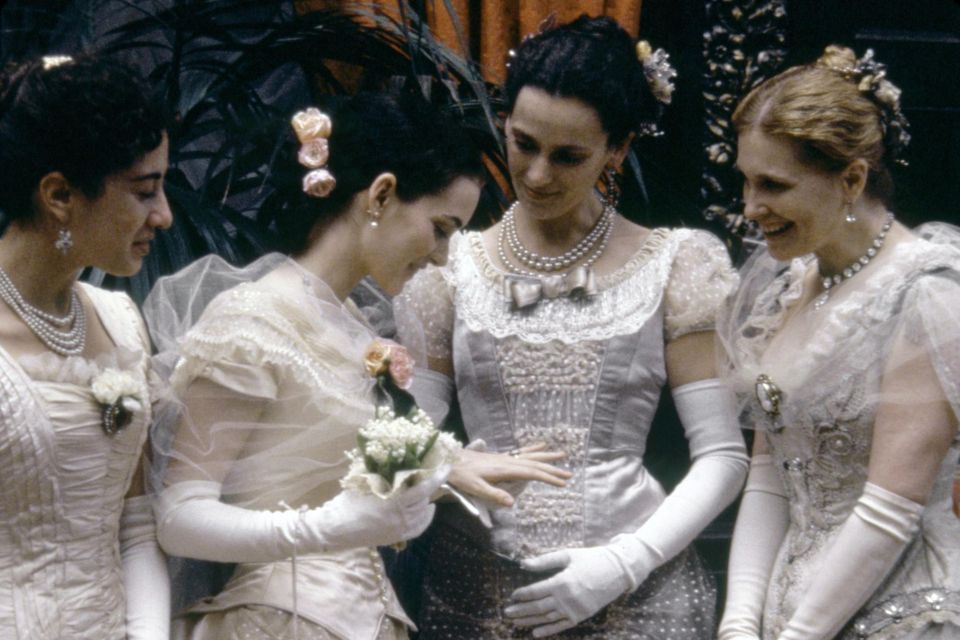The new rules of etiquette: how to smooth over the many irritations of modern life
We might think of etiquette as something that belongs to the grand old days of Edith Wharton and Jane Austen. But in fact, the modern world is increasingly irritating, and new guidelines are badly needed to reduce the rub
"Think of Edith Wharton’s The Age Of Innocence, for example, set in the 1870s, where the deployment of a particular set of china at dinner signifies the degree of approval (or otherwise) of the guest of honour." American actress Winona Ryder on the set of The Age of Innocence. Photo: Columbia Pictures/Sunset Boulevard/Corbis via Getty Images
It’s tempting to conflate etiquette with manners, but they aren’t quite the same. Manners are basic, and tend to cross all social divides. Etiquette is more a code of behaviour adopted by particular groups, and specific to those groups. Yes, the rules are designed to make life pleasant and polite, but also, somewhat, to exclude those who don’t get them. Just try answering the question ‘how are you?’ in England with an actual rundown of information about how you are, if you don’t believe me.














